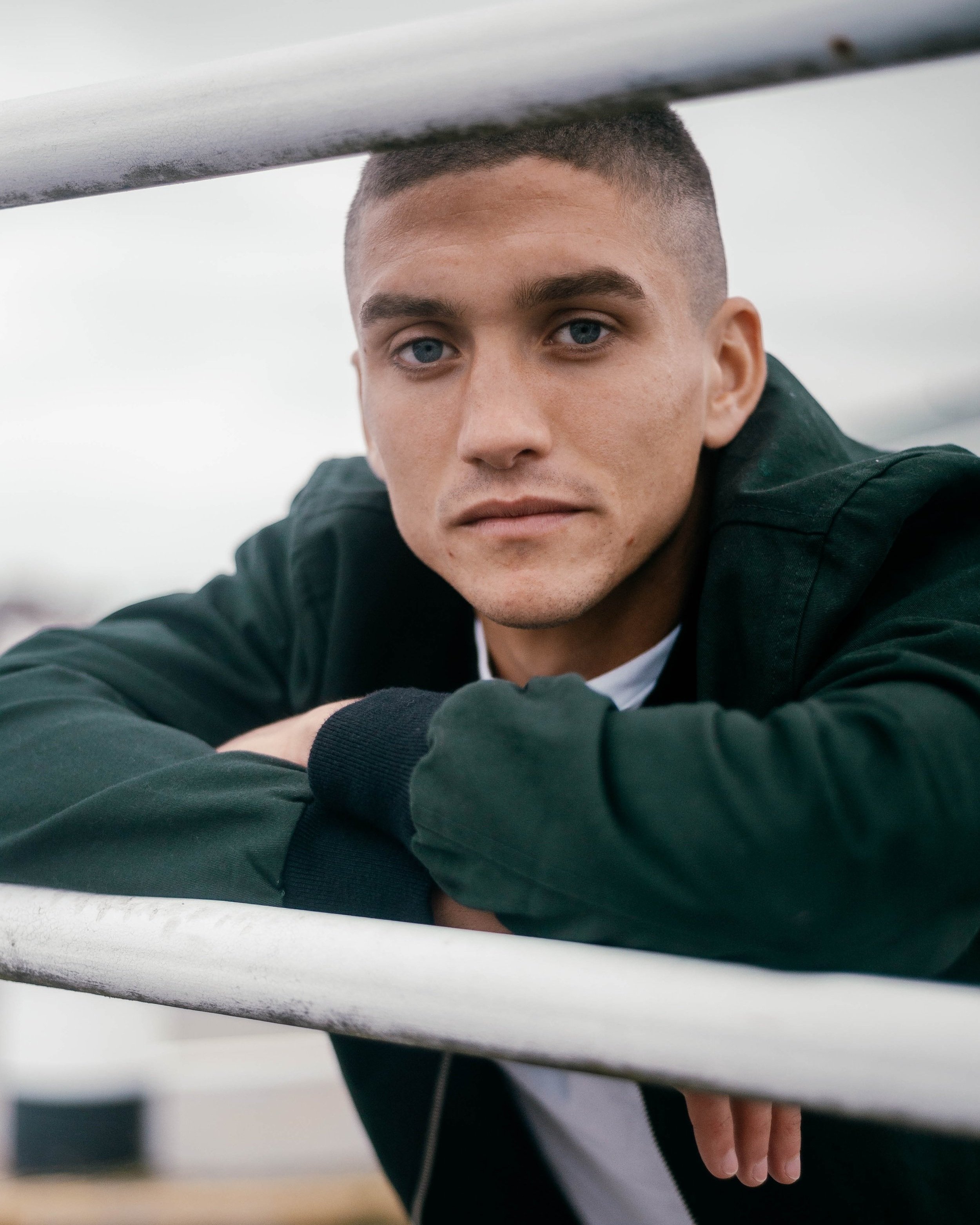TRACKING BACK: MANNY APARICIO
This is the first installment of ‘Tracking Back’, presented by NXGN and DARBY Magazine. For this series, NXGN mentors tell the story of their careers and lessons they’ve learned along the way that can help the next generation of Canadian ballers. For more information on NXGN’s mentorship platform, check out their website.
Being born in Argentina, I was born into football. Every day you play the game, you have football all around you. We have videos from when I was 2-3 years old, kicking around a football with my Dad at the beach.
I grew up cheering for River Plate, as they were the team closest to my neighbourhood. But, naturally, being from Argentina I eventually found myself falling in love with Barcelona and Lionel Messi. Messi gave me some of the biggest joys of my life with Barcelona, and some of the biggest heartbreaks with Argentina. He’s gifted from birth, but he doesn’t take that for granted. When he gets kicked, he doesn’t dive. The way he carries himself as a young footballer, you look at him and you just want to be like him.
At 10 years old I moved to Canada, my Dad was already there because of work and we followed him later. Even to this day, we are the only part of our family in Canada, the rest is in Argentina. I didn’t know any English when I first came, so that made it difficult early on, especially at school.
But where I quickly learned to communicate was on the pitch. While I didn’t know a word anyone was saying when I was playing soccer, me and the other kids seemed to understand each other. Soccer opened so many doors for me to get out there and start making friends and get out of my comfort zone.
I grew up cheering for River Plate, as they were the team closest to my neighbourhood. But, naturally, being from Argentina I eventually found myself falling in love with Barcelona and Lionel Messi. Messi gave me some of the biggest joys of my life with Barcelona, and some of the biggest heartbreaks with Argentina. He’s gifted from birth, but he doesn’t take that for granted. When he gets kicked, he doesn’t dive. The way he carries himself as a young footballer, you look at him and you just want to be like him.
At 10 years old I moved to Canada, my Dad was already there because of work and we followed him later. Even to this day, we are the only part of our family in Canada, the rest is in Argentina. I didn’t know any English when I first came, so that made it difficult early on, especially at school.
But where I quickly learned to communicate was on the pitch. While I didn’t know a word anyone was saying when I was playing soccer, me and the other kids seemed to understand each other. Soccer opened so many doors for me to get out there and start making friends and get out of my comfort zone.

I started playing with East York Dragons for a few years and then went to Unionville. At Unionville, TFC Academy came to one of my training sessions when I was 13, saw me, and picked me and a few other guys to go on trial.
I was with the academy for four years, before signing a professional contract at just 17. They taught me everything. They were big on the little things like keeping the change room clean. At the time it almost felt like chores, but it really helped shape the group. We benefited a lot from it, it prepared us not only as footballers but as men.
My time at Toronto FC was amazing. On the pitch, you get to go to MLS Youth Cups and you get the best training in Canada, the best facilities. At the time, there really was nothing to compare in this country and it set me up well for the rest of my career.
I think coming to Canada really gave me an opportunity to make it as a pro footballer. In Argentina, there is a lot of competition and it often comes down to who you know, compared to your actual talent. It is just a different mentality. In Canada, it isn’t always the most talented ballers who make it either, but the ones who are willing to put in the work, both off and on the field.
I was with the academy for four years, before signing a professional contract at just 17. They taught me everything. They were big on the little things like keeping the change room clean. At the time it almost felt like chores, but it really helped shape the group. We benefited a lot from it, it prepared us not only as footballers but as men.
My time at Toronto FC was amazing. On the pitch, you get to go to MLS Youth Cups and you get the best training in Canada, the best facilities. At the time, there really was nothing to compare in this country and it set me up well for the rest of my career.
I think coming to Canada really gave me an opportunity to make it as a pro footballer. In Argentina, there is a lot of competition and it often comes down to who you know, compared to your actual talent. It is just a different mentality. In Canada, it isn’t always the most talented ballers who make it either, but the ones who are willing to put in the work, both off and on the field.
As much as Argentina is home, I call Canada home now too. In 2014, I got the chance to make my debut for the Canadian men’s national team against Colombia in a friendly. The manager at the time, Benito Floro, really liked me and had already brought me into a few camps.
We had just won a free kick in the 90th minute and he called me and my Toronto FC teammate at the time Jordan Hamilton over to the bench. He told me, “you are going to go on, and you are going to take the free-kick”. To be fair, we had spent a lot of time on free-kicks in training, but it was still a surprise.
We had Marcel De Jong, Julian De Guzman and David Edgar standing over the ball and I had to go tell those guys that Benito wanted me to take it. They were all so confused but looked over at the bench and there was Benito telling them “yes, Manu is taking it.”
I hit the wall on the free kick, so it wasn’t my best. But just to get on the pitch against Colombia, with all those incredible players, and representing my country was a surreal moment.
We had just won a free kick in the 90th minute and he called me and my Toronto FC teammate at the time Jordan Hamilton over to the bench. He told me, “you are going to go on, and you are going to take the free-kick”. To be fair, we had spent a lot of time on free-kicks in training, but it was still a surprise.
We had Marcel De Jong, Julian De Guzman and David Edgar standing over the ball and I had to go tell those guys that Benito wanted me to take it. They were all so confused but looked over at the bench and there was Benito telling them “yes, Manu is taking it.”
I hit the wall on the free kick, so it wasn’t my best. But just to get on the pitch against Colombia, with all those incredible players, and representing my country was a surreal moment.


In the years ahead, my goal is to get another chance with the national team. It is getting harder and harder each day because we have such a talented pool. But to be able to pull on that jersey is such a special feeling.
While I loved my time with Toronto FC, one thing I would stress to any young footballer is that everyone’s journey is different. Some of my teammates were able to stick around and play closer to home and to their families. But at 19, I made the decision to play in Spain, and it was an incredible learning experience.
There were new coaches and new playing styles and systems to learn. But more importantly, it meant becoming more independent, living on my own and growing up.


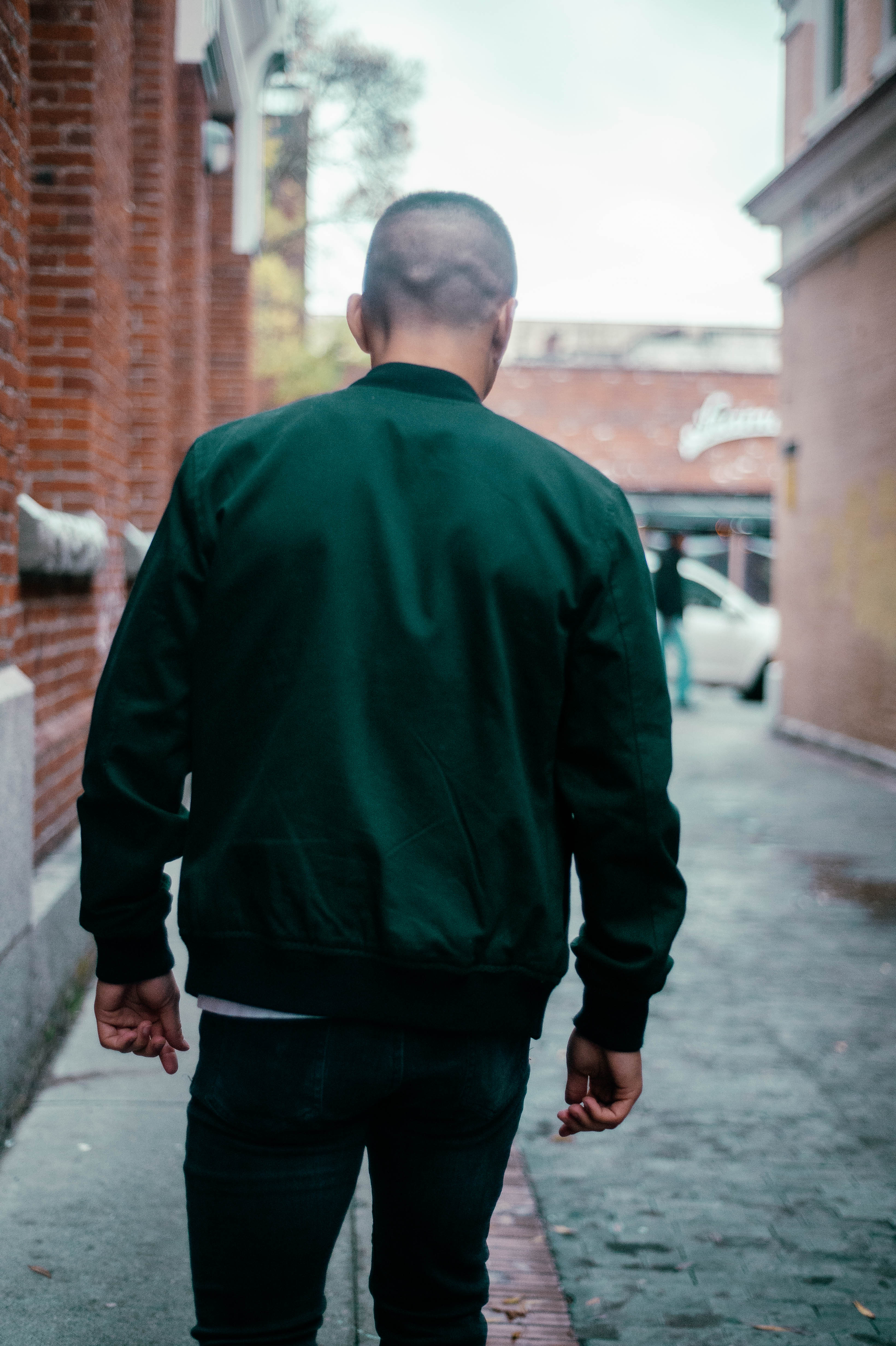
You realize quickly how much talent there is in Spain. Playing in the third division and seeing how good the players are is really eye-opening because then you think about how much better the players must be in the second and first division.
Then in 2018, I was back in Canada for the summer and ended up talking with Jimmy Brennan, one of my old coaches with TFC Academy. He told me about a new league that was coming to Canada and that he wanted me to be part of the team he was putting together in York Region.
I went back to Spain until December, but we stayed in touch. I had a clause in my contract where I could leave halfway through the season so I decided to use that to come home. It all happened pretty quickly, but I had an intuition that something special was happening in Canada and with this league.
That was proven right from the first game. Being at Tim Hortons in front of our York9 fans and my family for the first time in many years was incredibly special. It was an amazing feeling being the captain and leading the team out of the tunnel in front of that huge crowd. Then to go in, and have our team score in the first three minutes and make history with a new club in a new league was a moment I will never forget.
I played two seasons with York, and getting to play in my hometown was a dream come true. But in my career, the way I look at things, I want to retire winning something. At home you can also get complacent, things can become too easy. Getting away from home, learning from new coaches is about challenging yourself.
I decided I would have a better chance of doing that if I headed out west. With Pacific, they had basically the whole team returning and it was a tight-knit group that was building from the season before. So far, it has looked like the right move.
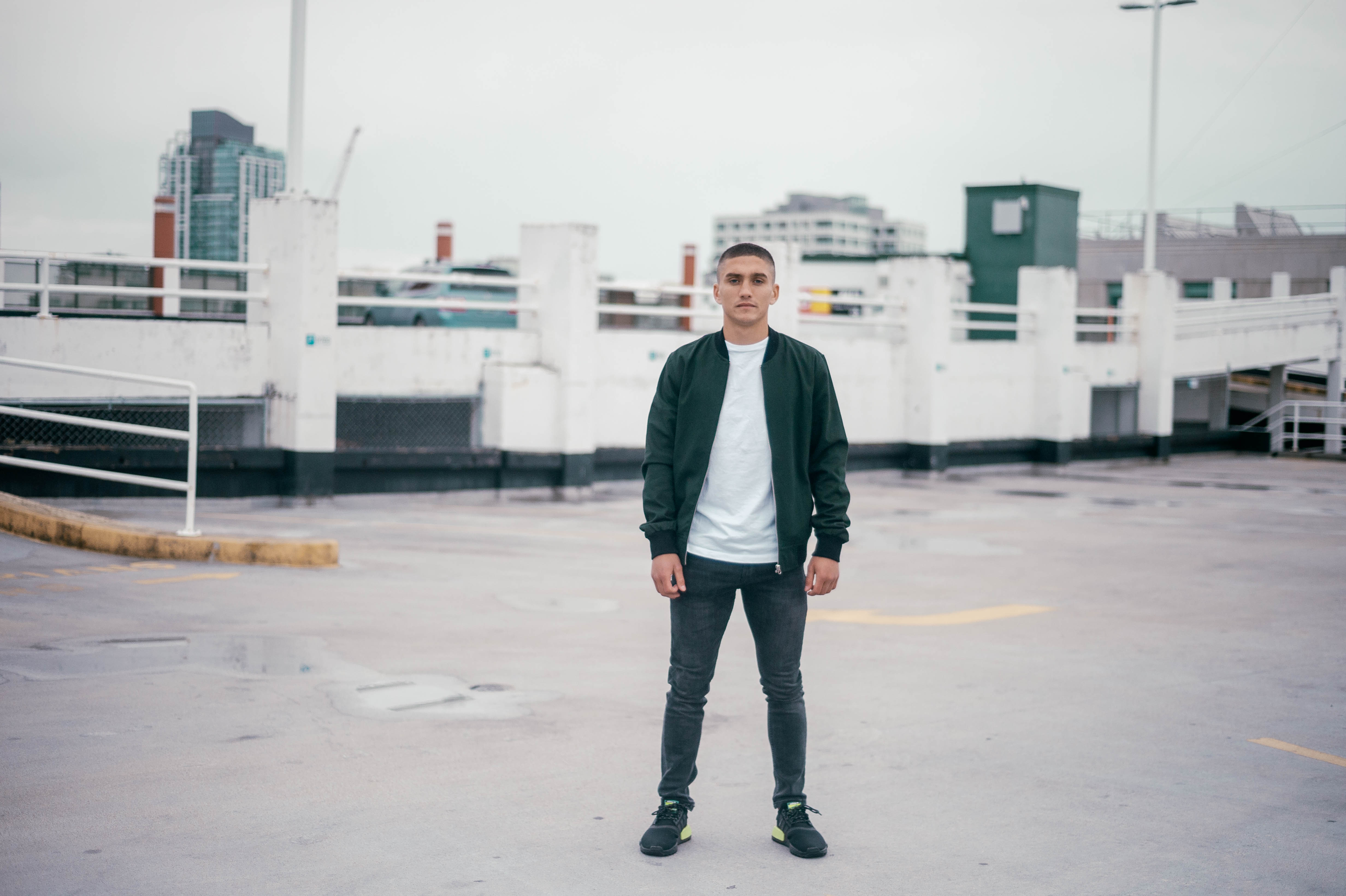


In August, we beat the Vancouver Whitecaps on our home field in the Canadian Championship. Before the game our mentality was “we are going to win it”. You can say that as much as you want, but actually doing it is something different.
The club had a five-year plan to beat an MLS team, we did that in year three, and that’s if you count the short Covid season. I don’t think anyone expected it but we all believed it was possible. Being able to score and do well in front of my family, it was an incredible night for our fans and for our club.
Now going into the Canadian Premier League final, this was our goal all year. It was what we talked about since the start of the season. We are very close now, 90 minutes or 120 minutes away. The fact that the game is in Hamilton, where I played in that first-ever Canadian Premier League game, and in front of friends and family will only make it that much more special.
The club had a five-year plan to beat an MLS team, we did that in year three, and that’s if you count the short Covid season. I don’t think anyone expected it but we all believed it was possible. Being able to score and do well in front of my family, it was an incredible night for our fans and for our club.
Now going into the Canadian Premier League final, this was our goal all year. It was what we talked about since the start of the season. We are very close now, 90 minutes or 120 minutes away. The fact that the game is in Hamilton, where I played in that first-ever Canadian Premier League game, and in front of friends and family will only make it that much more special.
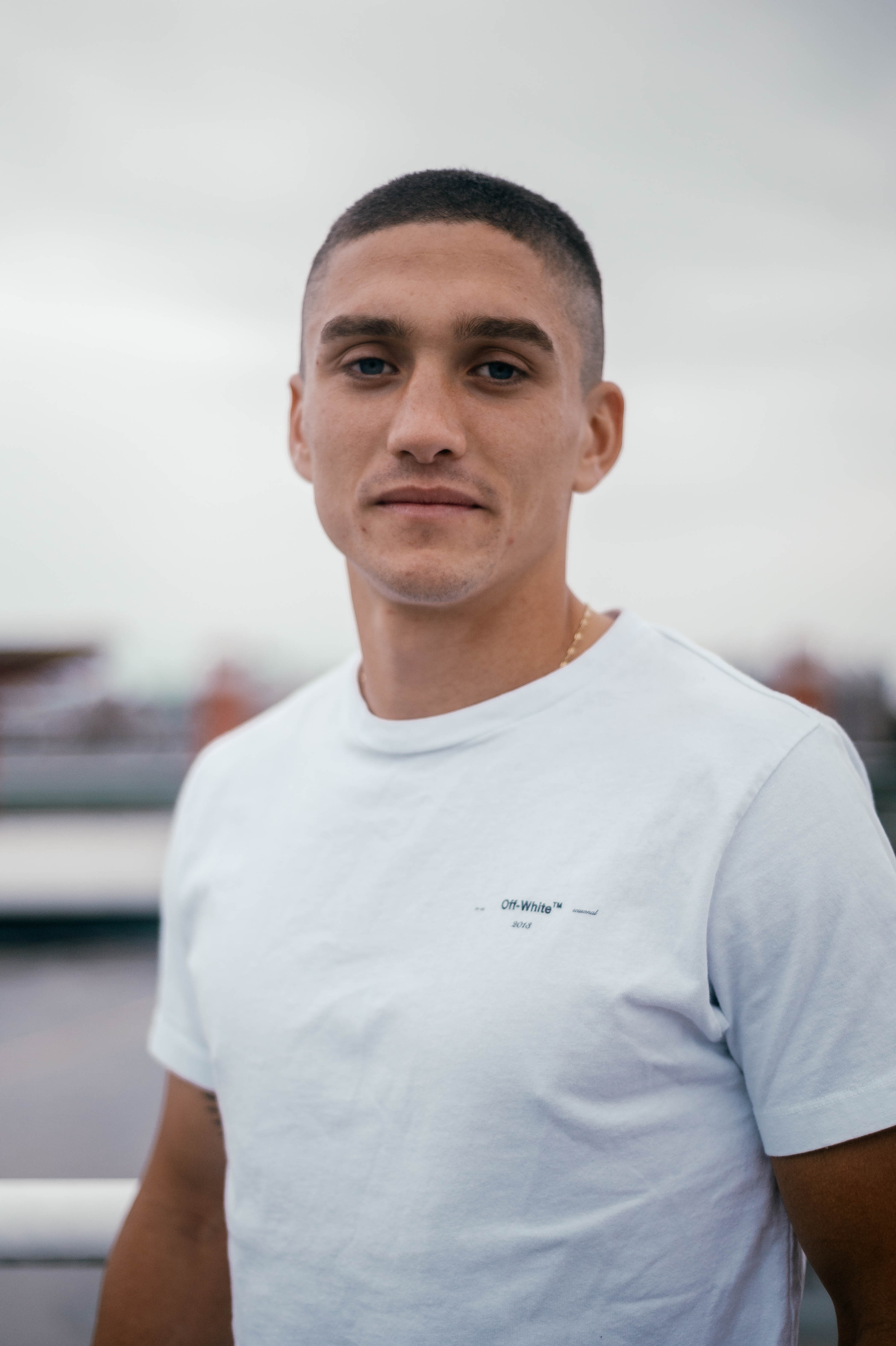
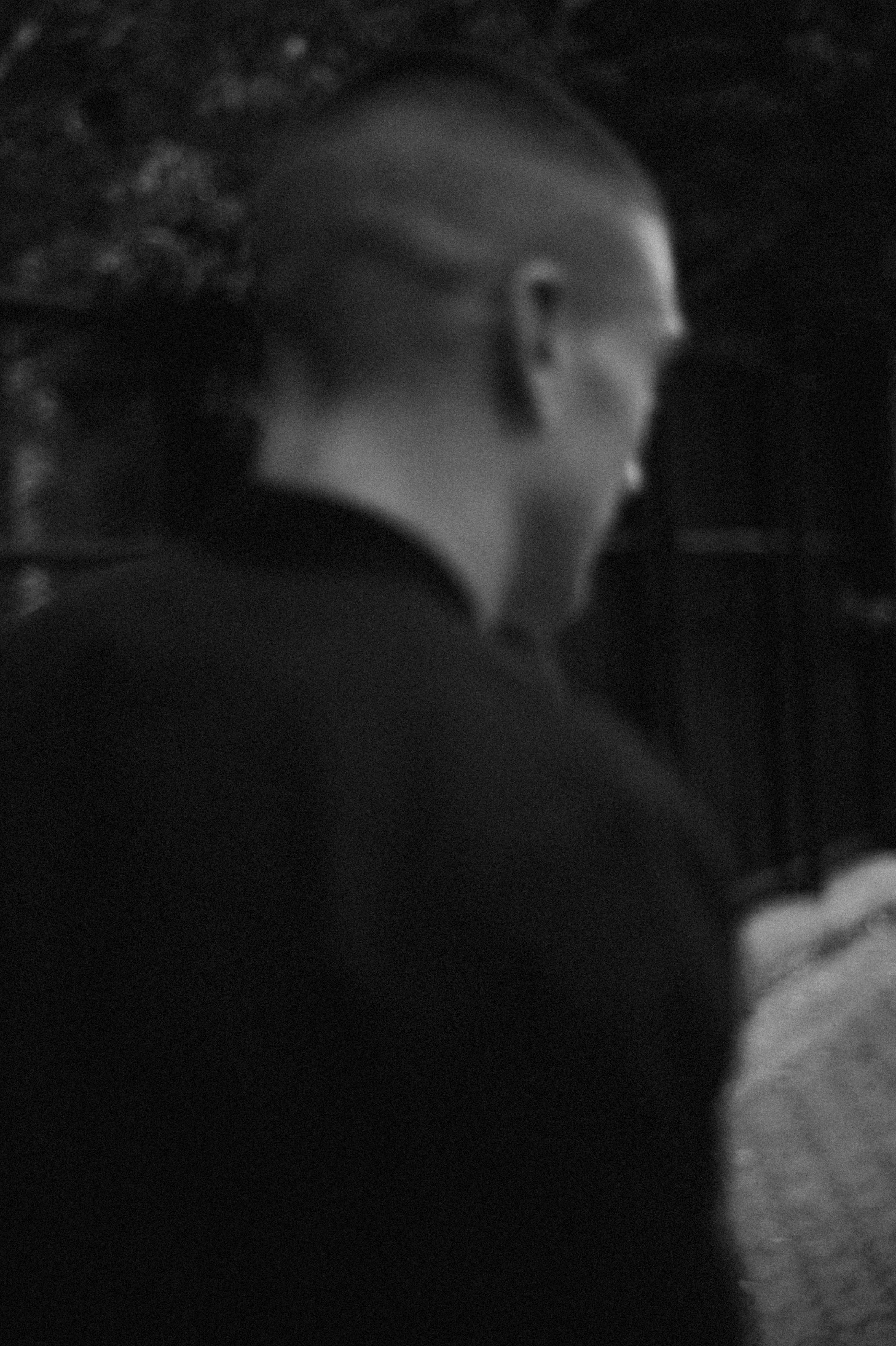
Looking back at my career, my advice to younger players is that people are going to have a lot of opinions. You are going to play on teams and where you have teammates or coaches who are going to tell you what they think of you, good or bad. You can’t let those define you.
I’ve had coaches tell me I was never going to go pro. But I didn’t listen to that, because I knew if I wanted it enough and worked hard enough I could achieve my goals.
In the game of football, you always get a second chance, there’s always another game, another chance to prove yourself.
I’ve had coaches tell me I was never going to go pro. But I didn’t listen to that, because I knew if I wanted it enough and worked hard enough I could achieve my goals.
In the game of football, you always get a second chance, there’s always another game, another chance to prove yourself.


